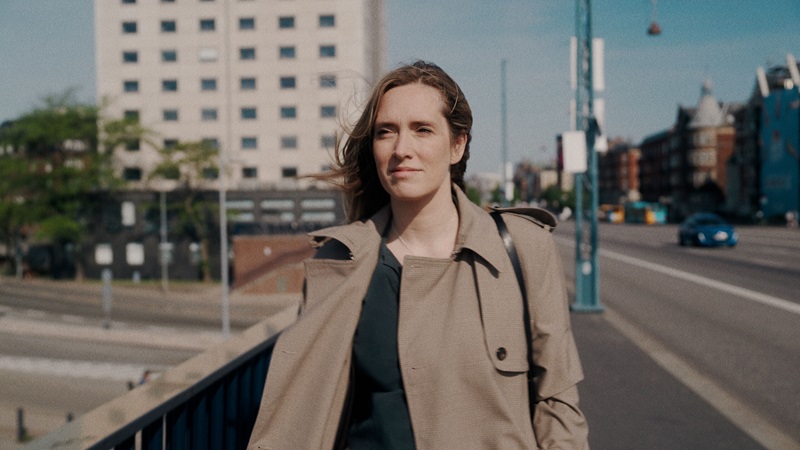60b1534f-95b8-4e2c-9e13-e3b4d3b916e5
Energy resilience is key
Julianne Smith, former US ambassador to NATO, shares her perspectives on how energy security is a central element for national defence and business resilience. She explains how diversification, collaboration and partnerships between governments and the private sector are key when it comes to protecting energy supply chains, safeguarding critical energy infrastructure and ensuring competitiveness.19beb7c3-4105-47f8-a57c-5deb6bfde403
Tech and sustainability align
Anne Marie Engtoft Meldgaard, Denmark’s Tech Ambassador, shares her perspective on how technology and energy are becoming two sides of the same coin. She explains how artificial intelligence, data, and governance will define the next phase of the green transition – and why business leaders who align digital innovation with sustainability will be best positioned to compete in a changing global economy.ff454e8d-0b6d-4c9e-a2b1-cf9394dc407a
Green energy can drive growth
Bjarke Møllerup Bitsch, CEO of Skovgaard Energy, provides his perspectives on how innovation turns sustainability goals into business opportunities. He explains how dynamic Power-to-X technology and green ammonia are making renewable energy scalable and commercially viable – and why collaboration, investment and execution are essential for companies seeking resilience and competitiveness.d7e48f43-f6ae-4d0c-b9cb-67b6b4a723d2
Conclusion
The perspectives provided in this series show that the future of energy is not a single story but a shared responsibility. From security and technology to innovation and collaboration, leaders across sectors demonstrate how resilience and competitiveness go hand in hand. The transition is no longer about if, but how – and the markets of tomorrow will be defined by just how rapidly businesses can turn their ambitions into actions.28ab270c-4c5c-4d5b-ae01-39c4e0c8c8a9
Delve into more perspectives

Energy: Europe’s new security challenge
A climate crisis, war in Ukraine and a growing concern for hybrid warfare against European energy facilities. Energy is no longer just something you use to fuel your car with. It’s an important chess piece in a geopolitical struggle.
Read more
Read more

Tech-powered transformation: How innovation is shaping Europe’s sustainable energy future
As Europe speeds up its shift towards greener practices, advances in technology are becoming central to ensuring a sustainable energy future.
Read more
Read more
.png?h=70&w=70&rev=205da596f7cd49389b03547146f92314&hash=839B6F842EBF0D5514387294EF899EF5)
Navigating complexity requires perspective
Share your perspective
Where does your organisation face the biggest challenge in the energy transition?
Sharing your perspective is anonymous

Insights from Danske Bank experts
At Danske Bank, our economists and analysts continually share their insights and perspectives on economies and financial markets. Their expertise aim to help individuals and businesses navigate an ever-changing financial landscape.Visit indsigter.com (Danish)
Visit Danske Research (English)

We enable growth and development
For more than 150 years, Danske Bank has helped enable growth and development in society, and with long-term sustainable development as our enduring ambition, we will continue to work every day to be the best possible bank, for the benefit of our customers, employees, shareholders and the societies we are part of.
Our offerings and services

